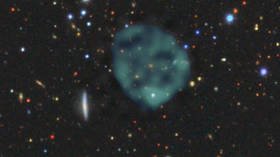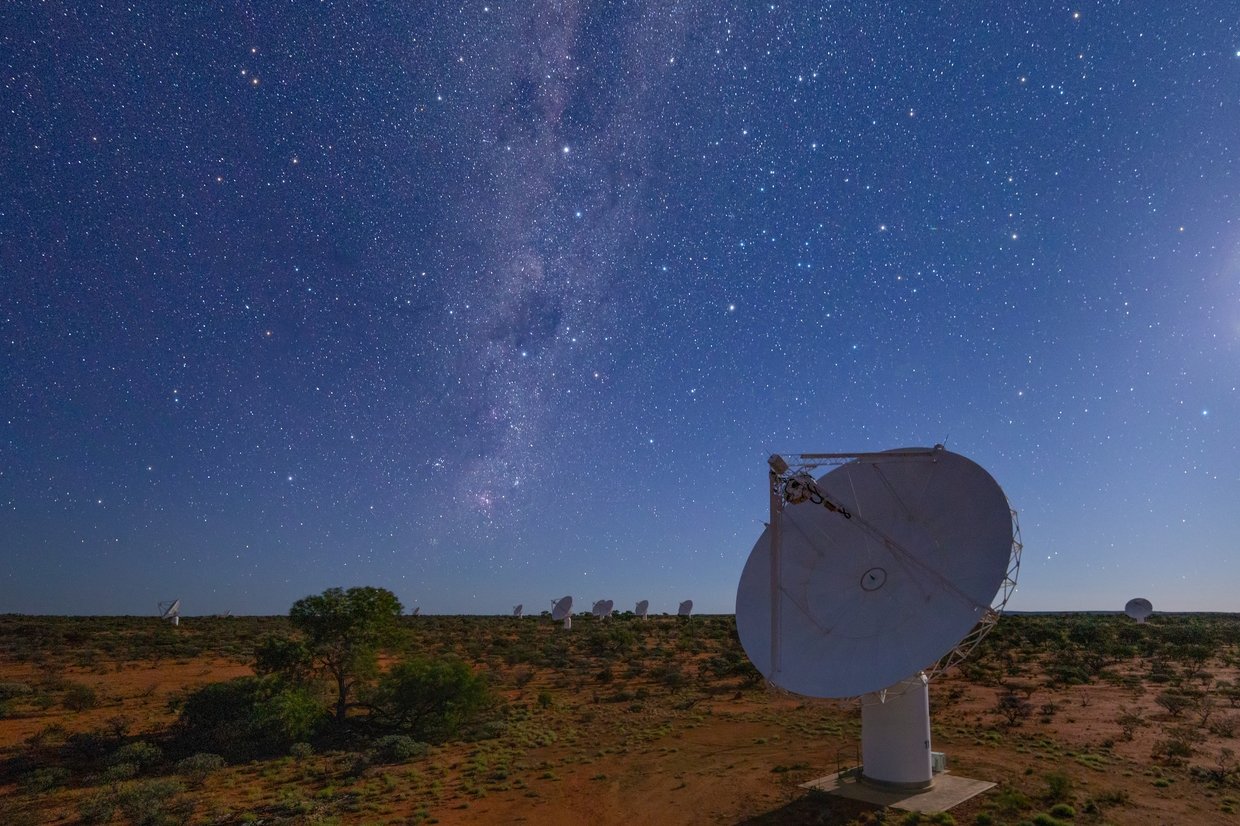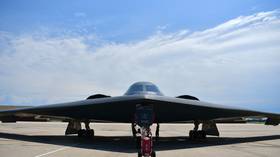Mysterious, unexplained GHOST CIRCLES hovering in space leave astronomers baffled

Scientists combing through radio astronomical data have been left dumbfounded by the discovery of a series of ghostly circles hovering in space that are unlike any known type of object that has ever been discovered.
Researchers came across the head-scratching cosmic phenomenon while looking through images collected by the revolutionary Australian Square Kilometre Array Pathfinder telescope.
Because of its extraordinary ability to map vast areas of space, both in record-breaking time and with great density, the groundbreaking telescope can peer into parts of the universe that have previously been unseen.
While sifting through images from a pilot project to map millions of galaxies, the scientists identified several of the mysterious blobs using just the power of their eyes.

They dubbed the phenomenon “odd radio circles” – ORCs, for short – and set about trying to figure out what exactly they were. Initially, the astronomers thought the ORCs might be caused by a software error. However, they went on to confirm the existence of the blobs using other telescopes.
In an upcoming paper on the apparitions, they run through all the possibilities and are left with the daunting conclusion that the ORCs don’t look like anything else that has already been discovered.
Among the potential causes already eliminated are intense bursts of star formation in another galaxy, jets of electrons squirting out from a supermassive black hole, and the remnants of a supernova in the Milky Way.
“We need to explore things that might exist but haven’t yet been observed, such as a vast shockwave from some explosion in a distant galaxy,” one of the team, Professor Ray Norris, of Western Sydney University, wrote in an article published on the academic and research platform The Conversation.
Such explosions may have something to do with fast radio bursts, or the neutron star and black hole collisions that generate gravitational waves.
The mystery surrounding the objects is so great that the experts don’t even know how far away in the universe they are.
They calculate there are about 1,000 ORCs in existence, and now telescopes around the world are diligently scanning the skies in search of the bizarre blobs, which is a difficult job, because they are faint and hard to find.
“Our team is brainstorming all these ideas and more, hoping for the eureka moment when one of us, or perhaps someone else, suddenly has the flash of inspiration that solves the puzzle,” Norris added.
“It’s an exciting time for us. Most astronomical research is aimed at refining our knowledge of the universe, or testing theories. Very rarely do we get the challenge of stumbling across a new type of object which nobody has seen before and trying to figure out what it is.”
Also on rt.com Mars colony game changer: New technology can extract water and fuel from salty waterLike this story? Share it with a friend!













